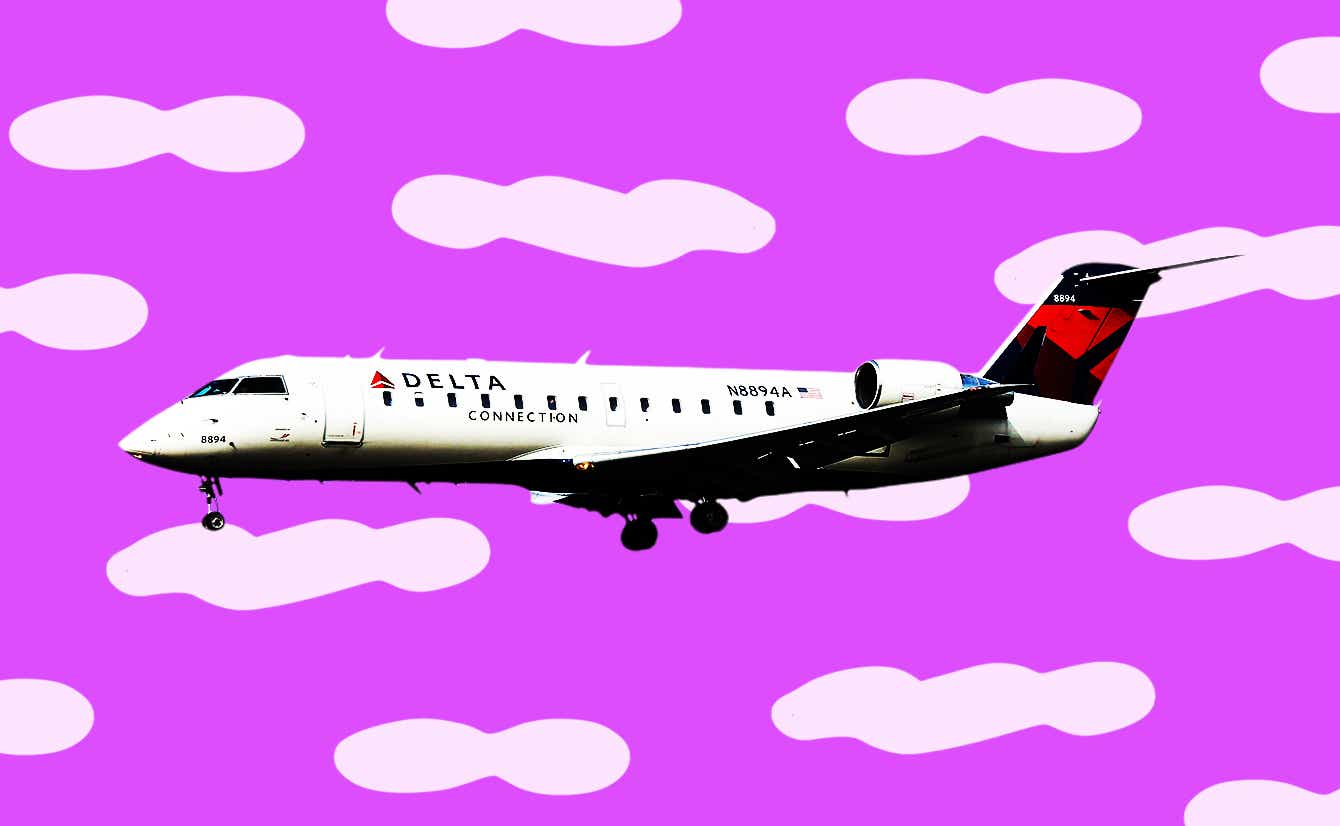Delta Air Lines will start charging unvaccinated employees on its company health plan an extra $200 per month in November, a move CEO Ed Bastian said is necessary because the average hospital stay for the virus costs the airline $40,000.
But that’s not all: On top of requiring masks in all indoor company settings, the airline will also require weekly Covid-19 tests, and limit sick pay for those who aren't vaccinated, starting next month. So far, about 75% percent of the airline's workers have been vaccinated, but it hopes to get that number closer to 100%.
“With this week’s announcement that the FDA has granted full approval for the Pfizer vaccine, the time for you to get vaccinated is now,” Delta CEO Ed Bastian told employees. Still, the company stopped short of its competitor, United Airlines, in requiring all of its employees to get the vaccine.
Delta's decision is the latest example of how companies are betting on economic pressure to encourage employees to get the shot.
What’s driving this?
Delta’s new policy comes in light of the fact that most insurers no longer offer waivers for Covid-19 treatment. While insurance companies waived these out-of-pocket fees earlier in the pandemic, employers are increasingly required to foot the bill for these costs now that vaccines have become more widely available to the public, often resulting in higher premiums for workers.
Can employers really increase premiums for unvaccinated people?
With the current legal regulations, not exactly. But similar to what Delta Air Lines has done, companies can legally implement surcharges through its wellness programs, as long as they show that they’re complying with nondiscrimination rules, according to the Society for Human Resource Management. Whether other companies will follow suit, only time will tell.









